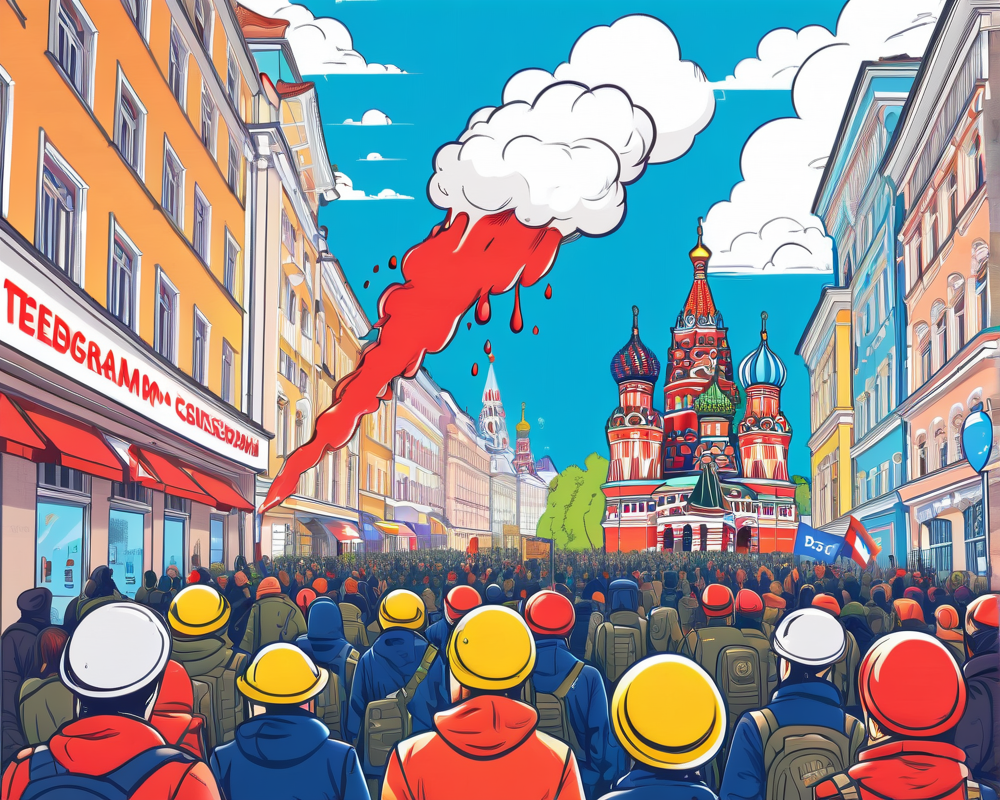Unmasking the Censorship Wave
In what can only be described as a digital bull-in-a-china-shop moment, Russia’s communications watchdog, Roskomnadzor, has pulled the emergency brake on some of the internet’s most popular censorship-evading platforms. This includes the infamous Telegram Open Network (TON) and the ever-elusive Tor browser. Effective March 3, the watchdog has set its sights on anonymous darknet networks that they deem to harbor ‘extremist’ content.
Calling for Battalions: Roskomnadzor Seeks Contractors
According to a report by Russia’s crypto news outlet, Forklog, Roskomnadzor has reached out for contractors capable of engaging in research to locate and block these networks. Imagine a digital witch hunt, except the witches are users who dare to surf the internet without leaving a trace.
What’s on the Chopping Block?
- Anonymous protocols
- Mesh networks
- Internet-of-Things (IoT)
Among the primary targets are protocols like Tor and I2P, as well as resilient networks like Freenet and Zeronet. Roskomnadzor hopes that by employing their newfound contractor army, they can undermine the very foundation of anonymous communication.
Why the Focus on TON?
The white paper on TON paints it as a digital oasis, promising users an unfiltered path to blocked websites, thriving behind the curtain of anonymity. According to its creators, “User network anonymity can be easily preserved by means of TON Proxy, and all services will be effectively unblockable.” Sounds enticing, right? Roskomnadzor thinks otherwise and is determined to rain on this parade.
Techniques Galore: Research Goals
Roskomnadzor admits it’s currently batting zero in compromising anonymous networks but remains undeterred. The agency is eager to research methods that could effectively:
- Penetrate network traffic
- Deanonymize users
- Degrade data transmission in mesh networks
The Tug-of-War with Telegram
Let’s not forget about Telegram, already in Roskomnadzor’s crosshairs. The agency has unsuccessfully attempted to block access to this messaging service since a ground-shaking court verdict in 2017. After a showdown with the Federal Security Services that ended in Telegram keeping its encryption keys, one has to wonder whether Roskomnadzor can inflict any damage on TON.
Unwarranted Blockades: A Recent Snap
In a classic display of censorship madness, just two days after posting their contractor notice, Roskomnadzor decided to restrict access to six crypto websites without a heads up. This list includes sites like bits.media and nicechange.org. Amid outcry over seemingly arbitrary censorship decisions, it appears that the watchdog thinks playing digital whack-a-mole will work—doubtful!




